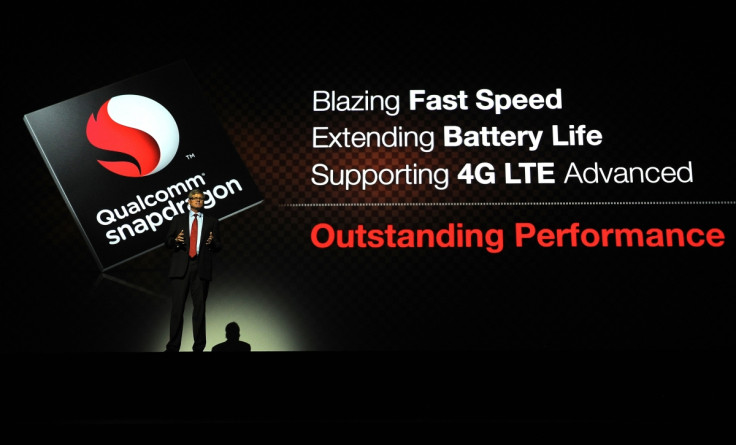Qualcomm resolves lawsuit with LG after smartphone manufacturer agrees to pay more for chips

Chip manufacturer Qualcomm has resolved the patent dispute with LG following the smartphone vendor agreeing to pay more for its chips. Qualcomm, on the other hand, said it is satisfied with the agreement with LG.
LG said, "The dispute with Qualcomm has been completely settled," although it did not disclose any details such as royalty rates. According to claims made by LG, Qualcomm had overcharged for the chips under a licensing contract.
The news about the lawsuit settlement emerged following Qualcomm's profit forecast for the second quarter in January, which was below analyst expectation. The company expected its mobile chip shipment to fall by 16-25% in the second quarter. Additionally, it expected 3G and 4G device shipment to decline by 4 to 14%. As for the first quarter of 2016, Qualcomm's chip shipment fell 10%, with a drop in revenue by 21.6%. Besides, its revenue from licensing declined 10.4%, suggests a Reuters report.
Speaking to the Korean Times, an LG official said, "This kind of dispute is actually nothing, as this is a kind of contract dispute which is very similar to the ones that the industries had in the past."
"Qualcomm is said to lower its royalty rate to LG in return for LG's guaranteed purchase of Qualcomm processors, which are currently being used in its flagship handsets and will be used in upcoming flagship models," added the official.
While Qualcomm is still a major chipset manufacturer, it is still not as strong as it was earlier. Unlike Samsung, which designs its own chip, LG relies on Qualcomm for the chipsets.
"Samsung and Apple are making their own components for smartphones," said another LG official adding, "It's a pity, though, to see that LG has less leverage in discussions over an issue of royalty rate readjustment." Meanwhile, LG has invested millions of dollars to develop its own chipset, in an attempt to cut down its dependency on Qualcomm for mobile processors.
© Copyright IBTimes 2025. All rights reserved.





















